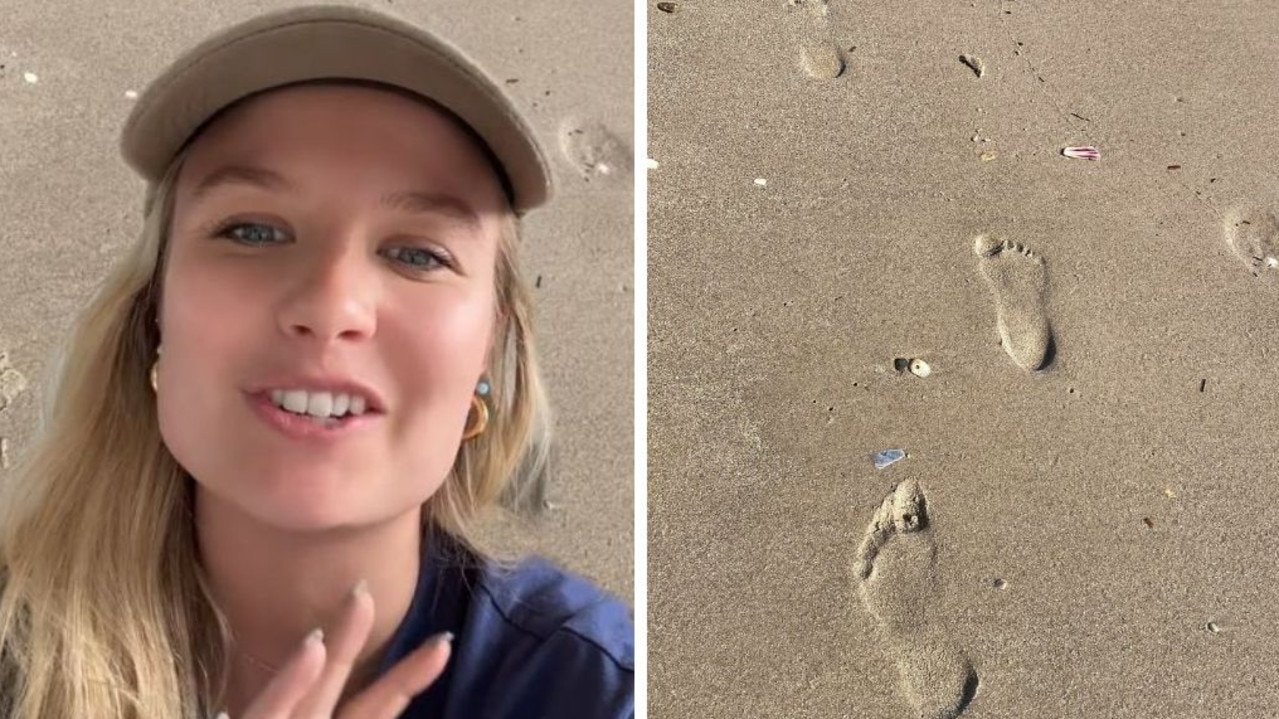Study reveals why you probably feel older than you are
A new study has found a significant portion of people feel 12 years older than their actual age – and there’s one joint to blame.

Lifestyle
Don't miss out on the headlines from Lifestyle. Followed categories will be added to My News.
A new study has found Americans over 45 feel 12 years older than their actual age, on average.
The poll of 2000 Americans, aged 28 and older and split evenly by generation, found 55 per cent of people who feel older than their actual age blame joint pain, and 45 per cent have held back their daily lives because of it.
A majority of Americans (85 per cent) experience some sort of joint pain. Half of those don’t realise there is a direct correlation between increased muscle strength and reduced joint pain when in fact there is. Less than half (47 per cent) feel optimistic about finding lasting relief.

Commissioned by Motive Health, Inc and conducted by Talker Research, the study found that people who feel older than their actual age said it manifests through body pain (55 per cent), getting tired easily (48 per cent) and feeling overall less active (31 per cent).
Forty-seven per cent reported they didn’t feel their age – and 50 per cent of gen Xers and above felt particularly out of alignment with their actual age.
Half of baby boomers, 54 per cent of the silent generation and 45 per cent of gen Xers said they all felt different than their actually age.
Baby Boomers felt an average of 14 years older while the Silent Generation respondents reported feeling 12 years older than their actual age and gen Xers reported feeling 10 years older on average.
Missing out on daily life can be a challenge for those who feel as though joint pain is ageing them – 71 per cent will ignore joint pain so they can continue with their usual activities.

“Until they experience it, many people don’t realise the total impact joint pain can have on their lives,” Motive Health Inc President and CEO, Rob Morocco, said.
“Losing your mobility and independence to joint pain can be frustrating and, without a doubt, make many people feel older than they are. The good news is, there’s technology that can reduce pain now and prevent it into the future, helping many people get back to feeling and living their best.”
The study also found nearly half (47 per cent) of Americans won’t tell others when they’re in pain, fearing they will either think they’re too old or frail (19 per cent), are making everything about themselves (18 per cent) or that they’re overreacting (18 per cent).
Forty-five per cent have had to stop doing the things they love because of joint pain, and 23 per cent have felt like they’ve let others down by missing personal or professional commitments due to joint pain.

Knee pain specifically impacts about 40 per cent of Americans, many of whom have had to reconsider substantial lifestyle changes to accommodate their lack of mobility, including where they live (25 per cent), where they work (22 per cent) and how they travel (17 per cent).
From all demographics, nearly everyone (98 per cent) said they would feel more positive about their future if they didn’t have knee pain.
More than half (54 per cent) would be willing to change their diet and exercise to that while 52 per cent reported a willingness to try physical therapy and at-home exercises.
Sixty per cent reported a likelihood to incorporate new technology into their at-home wellness routine to treat joint pain.
“While joint pain can make people feel like their life is on pause, the great news is that there are ways to get moving again,” Mr Morocco said.
“For example, research has found that building muscle strength is central to resolving joint pain. With that knowledge in hand, there are now solutions for people with joint pain that will help rebuild that muscle strength and get them back to living full, active lives.”
More Coverage
Originally published as Study reveals why you probably feel older than you are








